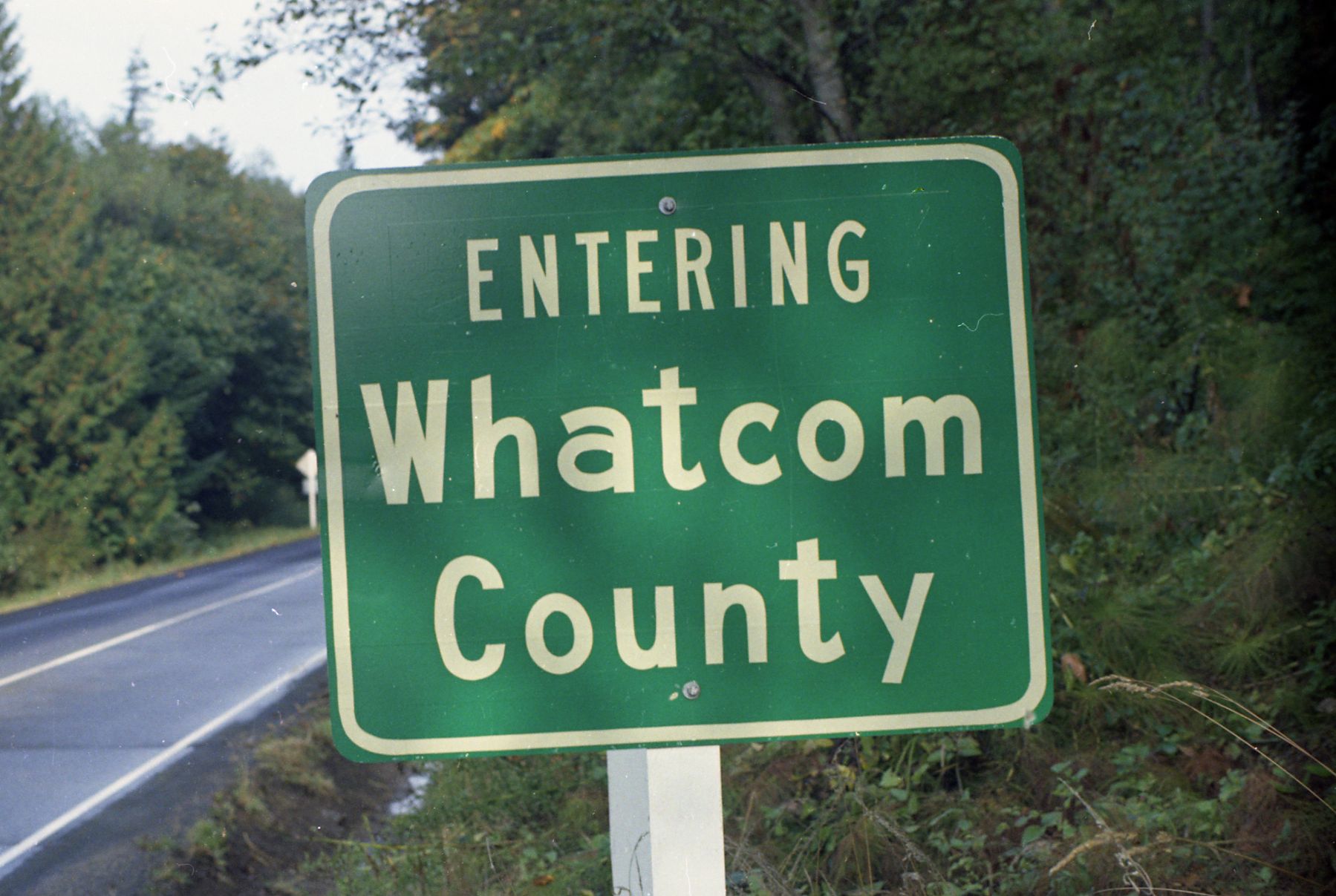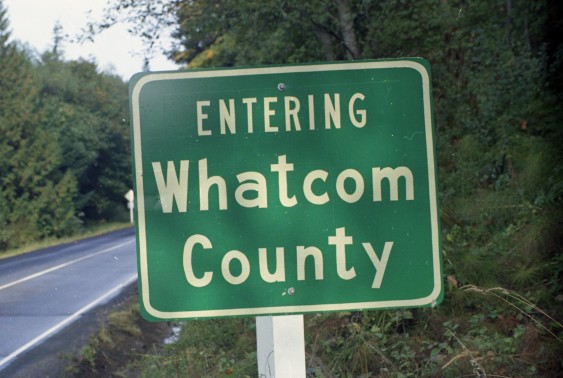Cascadia’s biggest oil refinery is angling to get even bigger. Yet BP’s proposed expansion at Cherry Point Refinery is facing objections from national park officials, who worry about air pollution from the plant, and from a conservation group willing to mount a legal challenge.
The BP Refinery in Whatcom County handles 236,000 barrels per day and has been producing gasoline, jet fuel, and diesel for the Northwest since 1971. It’s also been a source of tremendous controversy. Almost immediately after the facility opened, the genetically distinct local herring stock plummeted, suffering a 92 percent decline from which it has never recovered, perhaps a result of a 1972 oil spill at the site.
Now, BP wants to boost production by 9,000 barrels per day as part of an update to the facility that involves replacing coker heaters, isolation valves and bypasses in the crude preheat system of Cherry Point Refinery along with other minor modifications that would together cost an estimated $15 million.
The problem is that BP’s proposed expansion may lead to worse air quality in Cascadia, including reduced visibility at some of the Northwest’s flagship national parks.
The National Park Service has used state-of-the-art air monitoring equipment to demonstrate that the BP Refinery is already one of the biggest sources of air pollution at Olympic National Park. It is responsible for an average of 57 days of “impaired” air quality there—that is, days when pollution from the refinery creates haze, reduces visibility, and diminishes the visual crispness of colors. And modeling indicates that BP’s proposed expansion would bump that figure up to 70 days per year, on average. Further, expanded operations at the refinery would yield an average of 54 impaired air quality days annually at North Cascades National Park, up from the current average of 38.
“It’s like looking through a pair of dirty sunglasses,” said Donald Shepherd, an environmental engineer with the National Park Service.
The National Park Service is not actually opposing BP’s proposed expansion, but it does want the company to use better pollution-control equipment. A technology called selective catalytic reduction would significantly reduce the emission of nitrogen oxides (NOx), which contribute to acid rain, smog, and other air problems. Already in use at the Pine Bend Refinery in Minnesota and soon to be installed at a planned refinery in North Dakota, the technology would improve Cascadia’s air quality, though it would likely be more expensive for oil refiners, like BP. Both Pine Bend and the planned refinery have also taken additional steps to reduce sulfur emissions, which BP has declined to pursue at Cherry Point.
Environmental groups allege that the Washington Department of Ecology, the state’s permitting agency, underestimated air pollution from the project by using a methodology unsuitable for the purpose. The National Park Service agrees that Ecology’s figures are wrong. As a result, a non-governmental advocacy group, the National Parks Conservation Association (NPCA), is challenging a key permit for BP’s proposed expansion before Washington’s Pollution Control Hearings Board. NPCA is arguing that BP’s plans run afoul of the US Clean Air Act, and that the expansion operations would degrade air quality at the nearby Olympic and North Cascades National Parks.
In addition to air quality impacts, the National Park Service worries that increased NOx emissions at the refinery would increase acid deposition in the North Cascades, potentially upsetting fragile ecosystems. Still others worry that a refinery expansion would incrementally increase the chance of a spill as the facility moves in and ships out more petroleum by pipeline across land, by tanker through the Salish Sea, or by rail across inland Washington. (Very likely, Cherry Point’s expansion plan is in part to take advantage of more heavy oil that would arrive via the controversial Trans Mountain Pipeline in British Columbia, the expansion of which is currently proposed.) In fact, oil industry expansion risks like these are precisely what the Magnusson Amendment was designed to prevent, and it’s hard to see how BP’s plans would not violate the 1977 federal law.
The National Parks Service and NPCA are not the only ones concerned about further industrial energy development in the area. The Whatcom County Council has also recently taken steps to protect Cherry Point from further industrial energy development by enacting land use rules to prohibit new facilities that would ship unrefined fossil fuels. Yet BP’s proposed expansion is not covered by this prohibition.
The case against BP’s expansion will be heard in April 2018. In the meantime, it remains to be seen whether Governor Inslee or the Department of Ecology will draw a hard line against BP to protect Cascadia and the Northwest’s national parks.
Britany Kee’ ya aa. Lindley is a student at Seattle University School of Law. She was a legal extern with Sightline Institute in fall 2017.











Paul Cienfuegos
Important story. Well written article. But the headline shows once again why privileged white people are mocked for their shallow environmentalism. The “views” are really the least of our worries. The ecological degradation of the entire Pacific Northwest – from oil spills to slow-motion marine contamination to toxic particulates settling on the natural world – are the problems that the headline should have addressed.
Eric de Place
I don’t share your perspective that protecting views in national parks is somehow
“shallow environmentalism.” But to address your point: the headline mentions views because that’s the focus of the legal challenge (and the National Park Service objections) that the entire article is about.
Wendy Harris
What is the current status of this case? I saw that BP was issued a permit for an advanced wetland mitigation project covering 136 acres at Cherry Point. The case was heard a year ago. BP is now operating a biofuel facility. at Cherry Point as well.